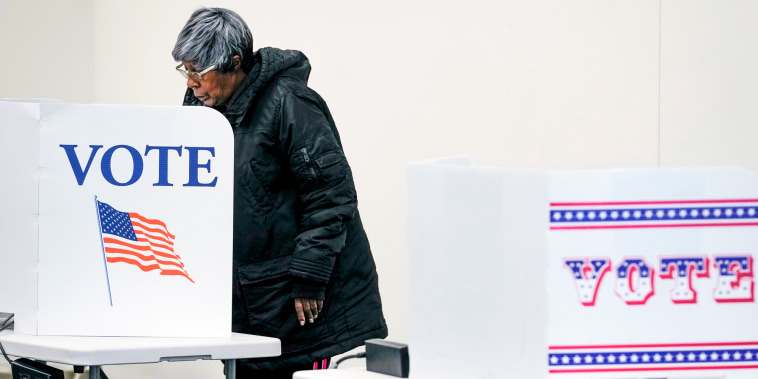
Battle for Elderly Votes: Social Security Safeguards Command Attention, Yet Party Support Stays Even!
As the US faces an ever-growing aging population, the issue of senior citizens’ needs, particularly their financial security, has become pivotal in political discussions. Many surveys suggest that older voters are keenly interested in policy related to Social Security protections. Despite this, there appears to be an unexpected even split in the support for political parties from this demographic. This article delves into the politics around Social Security protections, the needs of older voters, and the seemingly paradoxical split in their political affiliations.
In recent years, policy polls have revealed an interesting trend: older voters place high significance on Social Security protections. A large number underscore that they require consistent and adequate income for their sunset years. Functioning as the primary source of support for many retired Americans, Social Security’s stability and assurance is of paramount importance.
International surveys have further corroborated these findings. Across the globe, populations are aging. Therefore, similar concerns exist amongst older voters outside the U.S., with sustainable pensions and the financial security of aged populations becoming a worldwide concern.
Despite these clear demands from older voters, there’s a surprising disconnect in the political support trail. When examining U.S. electoral demographics, political party support from older voters is almost evenly split, a trend contrary to the prevalent perception of older voters disproportionately leaning conservative. The split among older voters perplexingly shows a voting population divided in their support, undermining the theory that stronger Social Security protections will automatically encourage senior citizens to vote for a particular party.
This disparity may be attributed to multiple factors. The first among these, perhaps counterintuitively, is that other issues also significantly drive older voters. Topics like health care, immigration, and the economy also play vital roles in informing their political affiliations, with each party ranking differently on these various issues. Perception about the potential for each party to maintain or improve the status quo concerning Social Security is another influencing factor.
Another reason could be that older voters aren’t monolithic. Diverse backgrounds, socio-economic statuses, and individual experiences and histories contribute to significantly contrasting political beliefs and voting patterns in this demographic. The notion of ‘security’ varies among people; it’s not solely financial but also incorporates health, knowledge, familial, and societal security.
Furthermore, the widespread belief that solely bolstering Social Security protections will attract older voters could be an oversimplification. The complexity of the issue, coupled with politicians’ propensity to make vague, grandiose promises without detailed plans, might have resulted in skepticism and diluted trust
